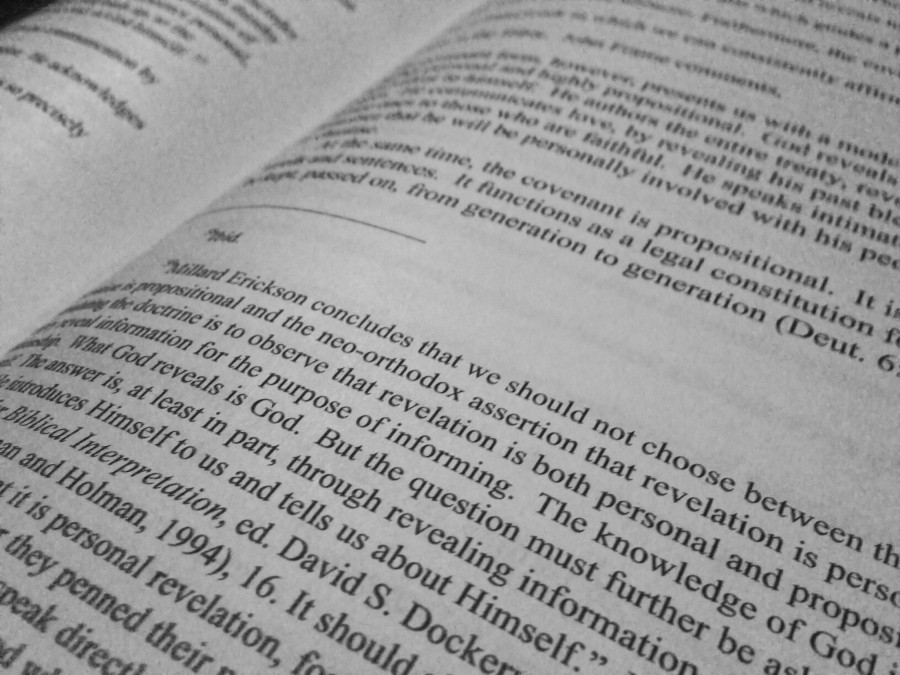Both Martin Luther and John Calvin spoke often of their view of Scripture. Luther’s understanding of biblical inerrancy, like his predecessors (in the early church and middle ages), grew from his belief in the divine inspiration of Scripture. As Lutheran historian Robert Preus summarizes, “Luther’s notion of biblical infallibility arose from his firm belief that … Continue reading Inerrancy and Church History: Calvin and Luther
Inerrancy and Church History: The Middle Ages
In a previous article I sought to show that although the word "inerrancy" was not used to describe Scripture until rather recently, the concept of an error-free Bible is found among the early church fathers. Theologians in the medieval church also affirmed the complete truthfulness of Scripture. Here are a few examples. Anselm of Canterbury (1033-1109), … Continue reading Inerrancy and Church History: The Middle Ages
Inerrancy and Church History: The Early Fathers
Since 1978 and the release of Rogers and McKim's massive The Authority and Interpretation of the Bible, it has been a strategy among evangelicals who dislike the doctrine of inerrancy to suggest that the doctrine itself has a recent origin. Why some evangelical non-inerrantists continue to hold this line is baffling, however, for it is widely … Continue reading Inerrancy and Church History: The Early Fathers
20 Tips to Help You Finish Your Dissertation
I haven’t met many Ph.D. students who don’t like to write. Some may like writing more than others, but most enjoy writing—or, at least, the satisfaction of having written. Wherever you find yourself on the love-for-writing spectrum, a dissertation awaits completion, and you must finish. Here are a few tips to help you. 1. Write sooner. … Continue reading 20 Tips to Help You Finish Your Dissertation



